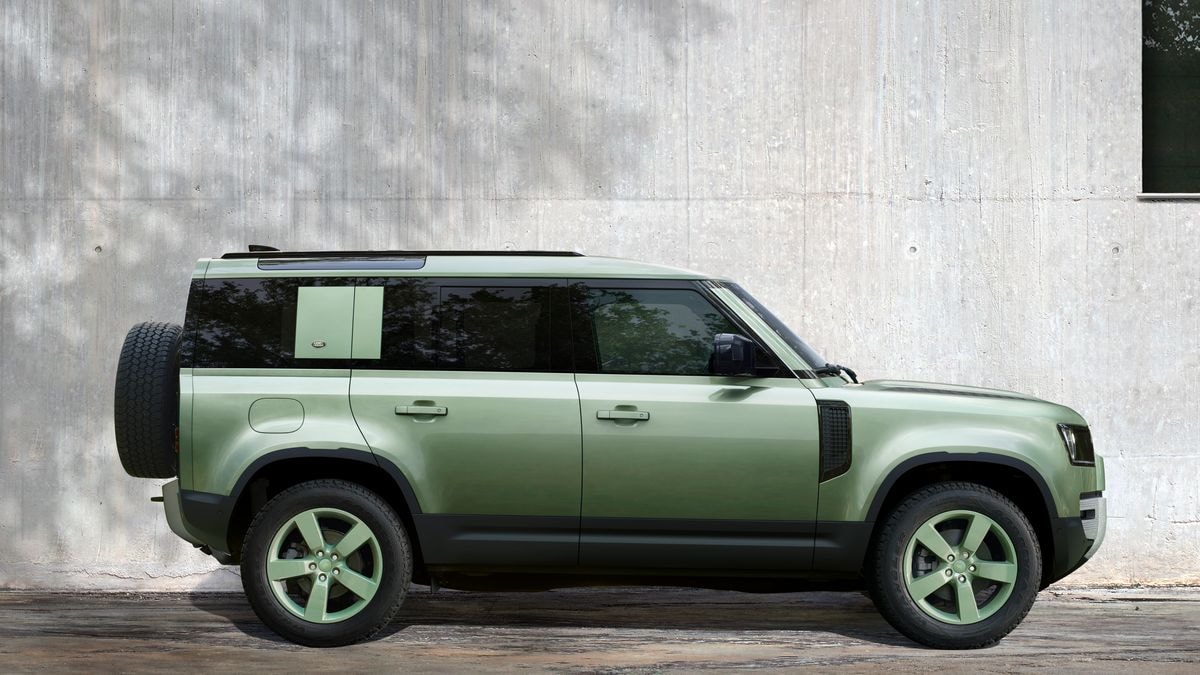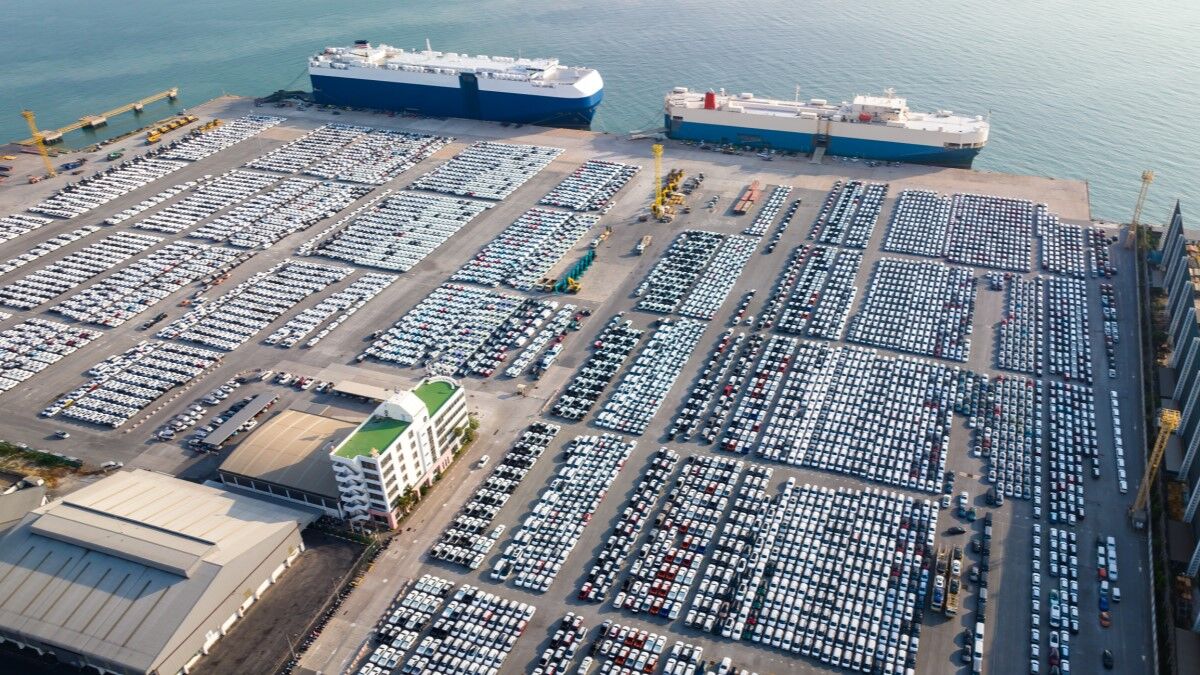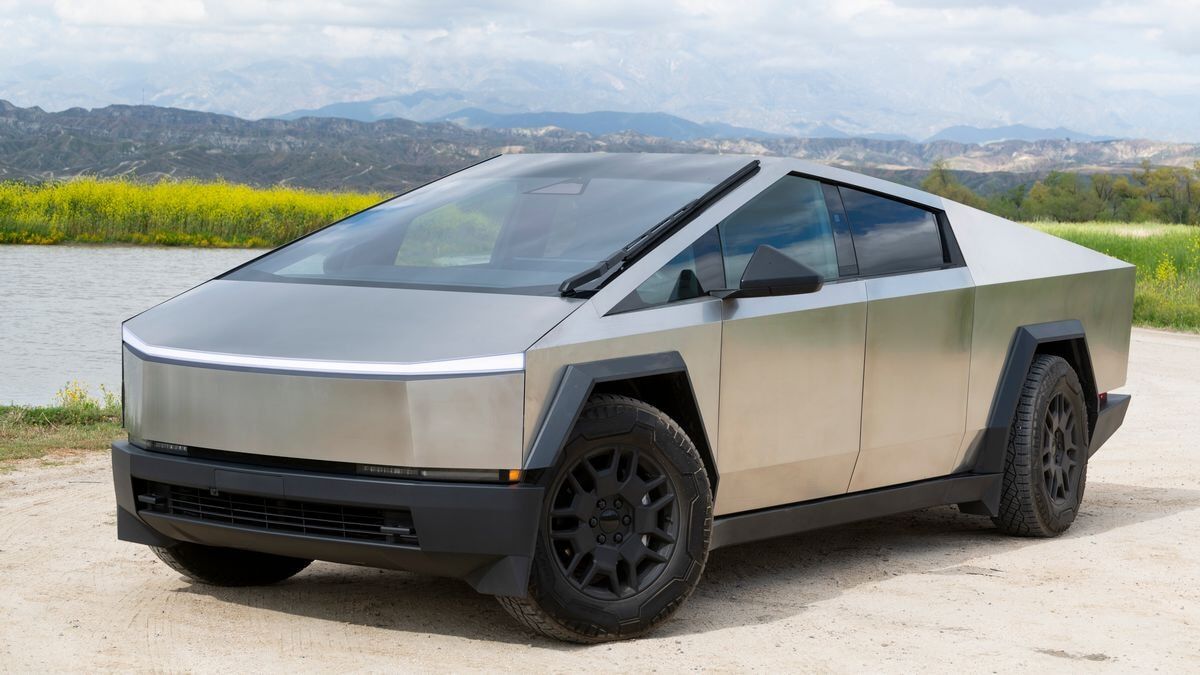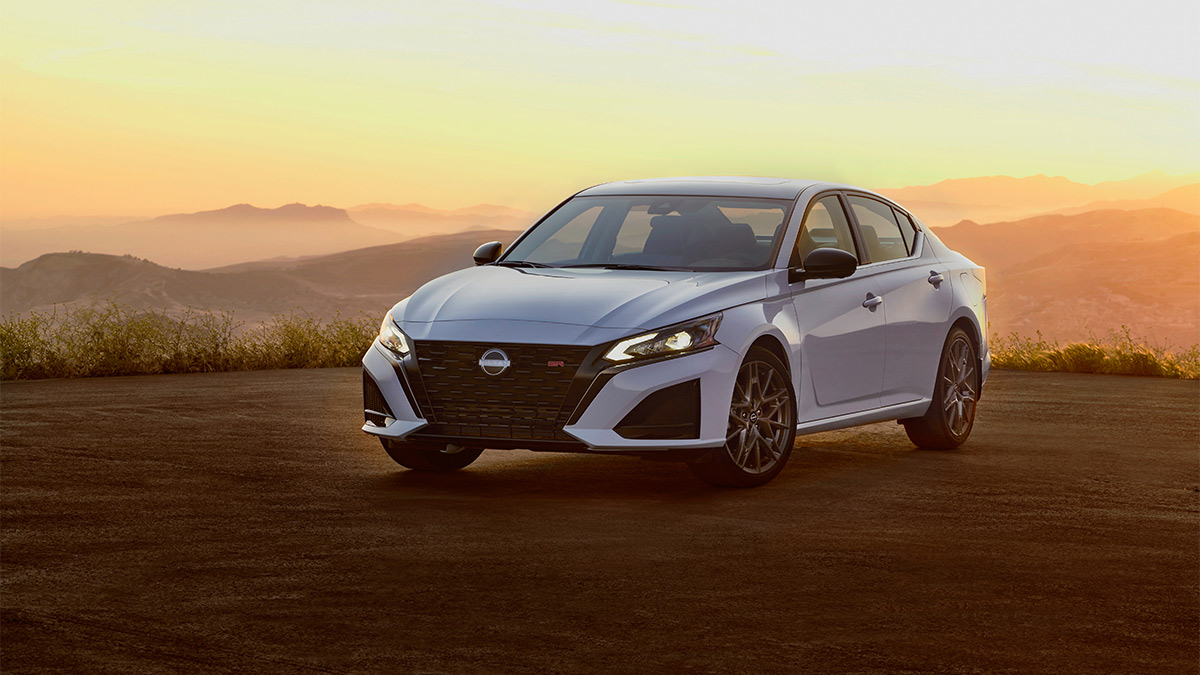The United States and the United Kingdom have agreed to the framework of a deal that will allow 100,000 British-made cars into the U.S. at a 10% tariff rate instead of the 25% paid by most of the world.
Details of the deal remain murky. The New York Times explains, “Much of the agreement President Trump unveiled Thursday still needs to be negotiated, but the administration said the deal with one of America’s closest allies would be the first of many.”
Announced, but Could Still Fall Through
The White House announced the deal but hasn’t signed it.
The Times explains, “Neither government has said when they expect the agreement to be finalized.”
A Break for the First 100,000 Cars
Should it ever be signed, one detail the Trump administration did announce will affect car shoppers. A White House fact sheet explains, “The United States will create a quota of 100,000 vehicles for UK automotive imports at a 10% tariff rate, and an accompanying arrangement for attendant auto parts for such autos.”
The tariff reverts to 25% once that quota has been met.
“The U.S. is the largest single export market for U.K.-built cars, accounting for 17% of the total number shipped overseas last year,” explains industry publication Automotive News. The U.K. exported about 102,000 cars to the U.S. last year.
Related: Where Automakers Build Every Car
The U.K. Sends Expensive Cars to the U.S.
They were mostly luxury and super-luxury cars. Jaguar and Land Rover have most of their production facilities in the U.K., though, in colonial history’s most impressive reversal, both are subsidiaries of India’s Tata Motors.
Ultra-luxury brands Bentley and Rolls-Royce also build cars in the U.K. Jaguar, attempting to increase its prices and move upmarket to compete with them, has canceled most of its lineup.
U.K. Prime Minister Keir Starmer told reporters there is “scope to increase” the quota in future years.
Other Automakers Object
Domestic automakers have concerns about the deal. The American Automotive Policy Council, a trade group representing Detroit’s auto industry, noted, “Under this deal, it will now be cheaper to import a UK vehicle with very little U.S. content than a USMCA [United States-Mexico-Canada Agreement] compliant vehicle from Mexico or Canada that is half American parts.”
Questions About Parts Deal
Until the deal is finalized, we won’t be able to examine its impact. However, the phrase “attendant parts for such autos” may be the most crucial sticking point. Several European automakers, including BMW, send parts from the U.K. to the U.S.
It’s unclear whether those parts are now subject to a lower tariff, or only parts used in the 100,000 partly-exempt cars.
Mixed Signals on Other Deals
Though the White House has said further deals are likely, analysts are reacting skeptically. CNBC notes that many took the deal “to mean that tariffs of 10% at the very minimum are the best deal other countries and trading blocs could achieve.”
Before the Trump administration announced new tariffs in April, the U.S. imposed just a 2.5% tariff on vehicle imports from Europe.
Japanese negotiators have reportedly sought a similar carve-out for Japanese cars. However, J.P. Morgan U.S. economist Abiel Reinhart told CNBC that the White House might be reluctant to grant Japan a similar deal. “The U.K. only accounts for about 2.5% of U.S. imports of vehicles and parts. By contrast, Japan accounts for close to 12%,” Reinhart noted.








